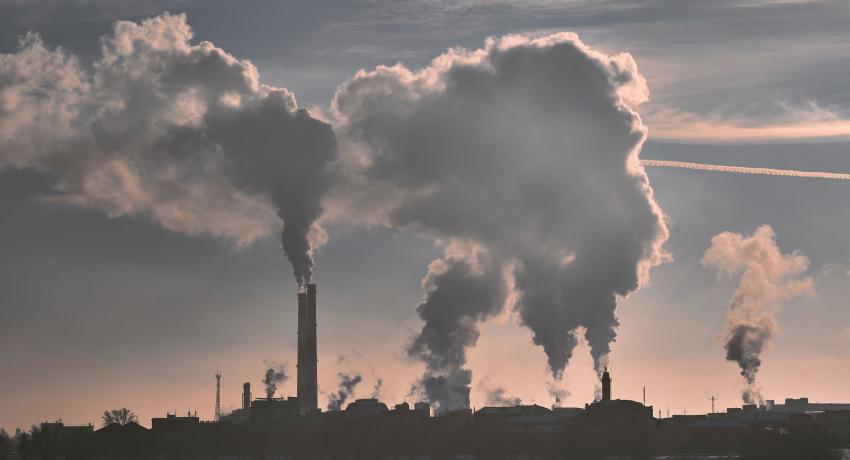The increase in CO2-induced global warming will only stop when humans stop adding CO2 to the atmosphere, according to a recent report published by the 4C project. The report discusses the latest science on zero CO2 emissions, and touches on the importance of zero vs. net-zero emissions for policymaking.
The carbon budget is a powerful concept developed in the last decade to assess how much additional carbon dioxide (CO2) humans can emit before a temperature target will be reached with a given probability. It provides critical knowledge to policymakers in order to prepare appropriate mitigation plans.
Better understanding the relationship between the temperature increase and cumulative CO2 emissions is crucial in determining how the global mean temperature will change after emissions reach zero.
A recent report published by the 4C project consolidates the latest research on the temperature response after zero CO2 emissions are reached.
How will the CO2 concentration and global temperature change?
The report states that, after anthropogenic CO2 emissions stop, the atmospheric CO2 concentration will gradually drop, as the land and ocean sinks will take up CO2 to reach equilibrium with the atmosphere.
However, despite the drop in atmospheric CO2 concentrations, the average temperature will show a small increase in the first 10 years after zero CO2 emissions are reached, followed by a small gradual decline over the next 90.
The temperature will remain constant due to reduced ocean heat uptake offsetting the cooling effect of the atmospheric CO2 concentration drop, as explained in the report.
These results were produced as part of the Zero Emissions Commitment Model Intercomparison Project (ZEC-MIP), which brought together 18 climate models to compare how they behave under different emission pathways, i.e. under different atmospheric CO2 levels when zero emissions are achieved (MacDougall et al., 2020).
Atmospheric CO2 concentration and global temperature after reaching zero CO2 emissions. Figure adapted from: MacDougall et al., 2020.
Zero or net-zero emissions: importance for policy
Differentiating between the concepts of 'zero' and 'net-zero' emissions is important for policymaking. Net-zero emissions implies that the CO2 emitted (e.g. by burning fossil fuels) is balanced by CO2 removal (such as growing new forests), and the misuse of this concept could lead to taking insufficient measures or delaying action.
Additionally, it is important to consider emissions of other greenhouse gases (such as methane) when preparing climate change mitigation policies and strategies, since these emissions contribute to additional warming.
Urgent action is needed to reach zero CO2 emissions, stop further warming and stabilise the climate system at a given temperature. This includes limiting the burning of fossil fuels and deforestation, with a potential small role of CO2 removal.
You can find the full 4C Science Summary on zero emissions in our Policy Publications page.
References
MacDougall A.H., Frölicher T.L., Jones C.D., et al. (2020). Is there warming in the pipeline? A multi-model analysis of the Zero Emissions Commitment from CO2. Biogeosciences 17: 2987-3016. https://doi.org/10.5194/bg-17-2987-2020


